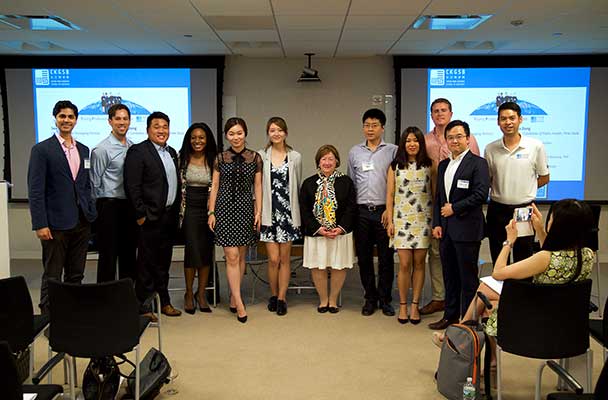
In another generation, it was called a sideline. The other way to call it is a ‘second job.’
The term bandied about these days is ‘side hustle.’
According to Merriam Webster’s dictionary, the definition of the word seems to be centered on ‘work performed for income supplementary to one’s primary job.’
Side hustle seems to have entered the language in the 1950s when it was used to describe both scams and legitimate jobs.
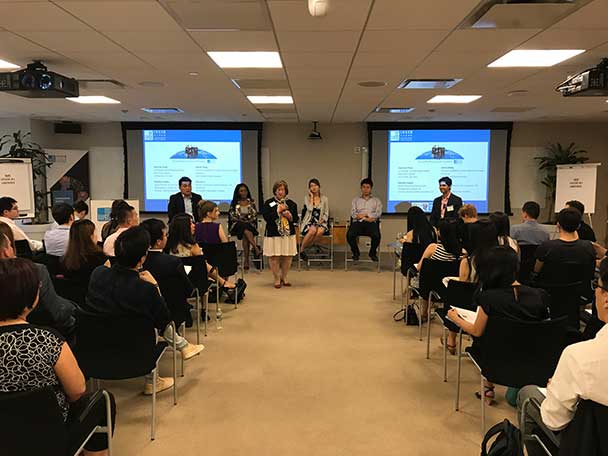
These days, the word has a more benign connotation.
“A side hustle is something you do naturally. It doesn’t require a lot of your energy. I like doing this and I start doing more of it,” Martine Kalaw, the senior director of Learning and Development at Wheels Up, a membership-based private aviation company, said in the CKGSB Knowledge Series on “How to Create and Grow Your Side Hustle.”
Kalaw oversees company-wide learning initiatives in the company. She is a community advocate, speaker, writer and Huffington Post blogger where she narrated her coming of age story as an undocumented immigrant orphan in America. Kalaw was born in Zambia.
Her seven-year battle as an undocumented immigrant without a family, and how she reconnected with her father, is the inspiration for her story where she wants to highlight an immigration policy that she believes marginalizes undocumented immigrants.
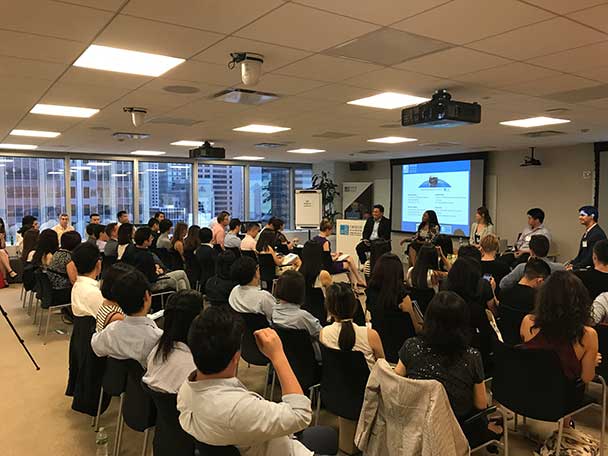
Seamon Chan, the co-founder and Managing Partner of New York-based Palm Drive Capital, a venture capital and growth equity firm that invests mostly in US technology companies, said doing your own side hustle requires a lot of work.
What you don’t see are “all the failures,” he pointed out in the panel discussion on the topic.
“(But) It’s always better to try than not try,” Chan explained, adding there may have to be sacrifices given in your personal life so the side hustle can take off. “It’s the trade-off.”
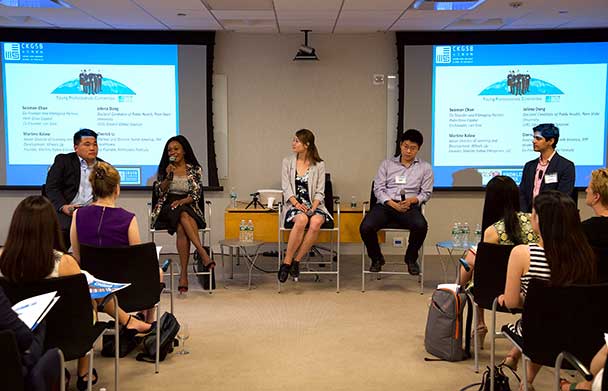
The other participants in the discussion are Jelena Dong, a doctoral candidate of Public Health at Penn State University who focuses on aging epidemiology and biostatistics. At this time, she is working at Dr. Richie’s aging science lab as a research associate to investigate the association between total sulfur amino acids and human health.
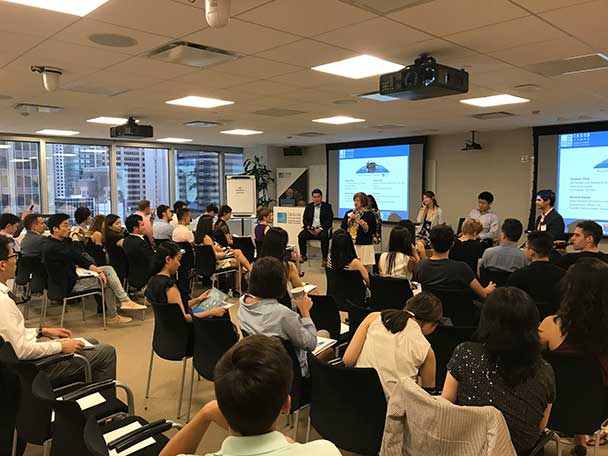
The fourth participant was Derrick Li, a partner at TPP Healthcare, the leading cross-border financial advisory firm which specializes in business development consultancy for market access between Chinese and Western healthcare institutions. Mr. Li was named a partner after his diligent work in building TPP’s core operations in North America.
“You have to figure out what your strengths are,” Li, who co-founded Admissions Formula, which provides college application and financial aid strategy advisory to first-generation Asian-Americans applying for college, said.
Since its founding in 2012, Admissions Formula has assisted more than 200 students in gaining acceptance to schools such as Harvard, Princeton, Stanford, MIT, and CalTech among others.
On the financial aid side, Admissions Formula have saved their students on average more than US$100,000 over four years by using their proprietary financial aid generosity database, which identifies the most generous schools for each student’s financial situation.
Dong, on the other hand, told the forum she is likewise working as the COO at Gleebill Global Solution, a financial technology start-up company in New York where she is in charge of the company’s operations and logistics in the United States.
She became quickly aware that “we started to realize there is a huge market over there. That is the motivation we are doing this.”
Chan, who is also co-Founder of Lair East, an innovation space in SoHo, New York which bridges East and West through tech and culture, said in a side hustle, you would need to understand the market and what you want to look like going forward.
Ideally, you also want “to find” people better than you.
“I have really great partners. I do think that is really, really important. We try to shoot as high as we possibly can,” Chan said.
Mary Darby, the chief representative of CKGSB in the Americas, told the forum of the need to be “very resourceful” while doing a side hustle.
The one thing all the panelists agreed on about getting involved in a side hustle is having the passion to get the project done.
“Don’t give up,” said Li.
“You can really create something from that. Just think of what you love to do,” said Kalaw. That can include something routine such as cooking. “I have friends who like to try new recipes.”
“Think of what you like to do naturally. That is a good place to start.”